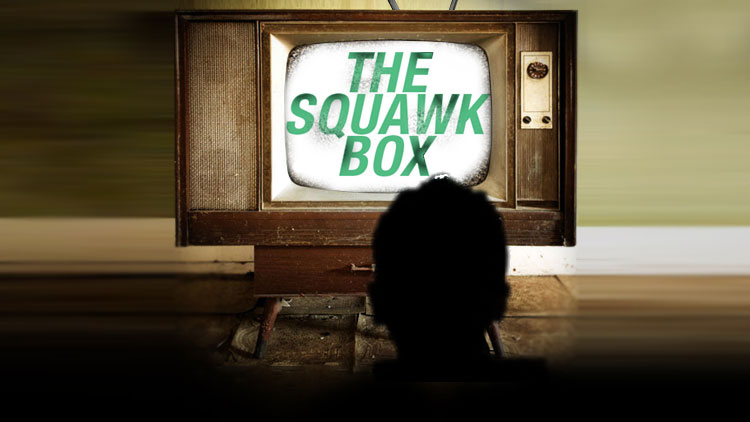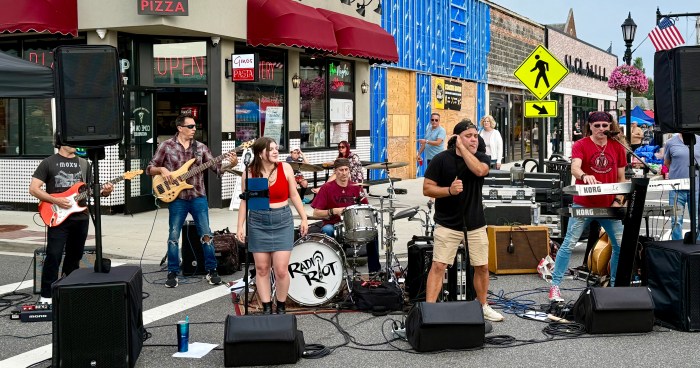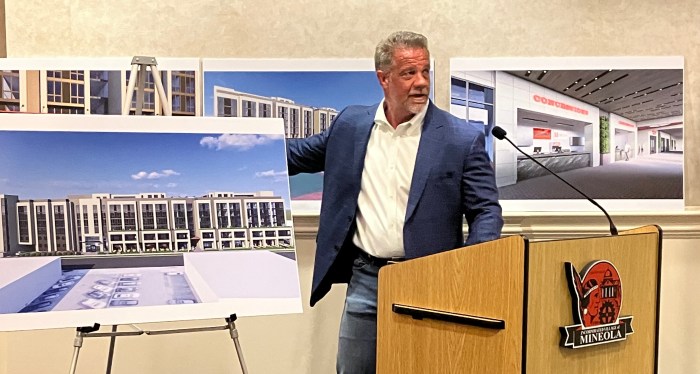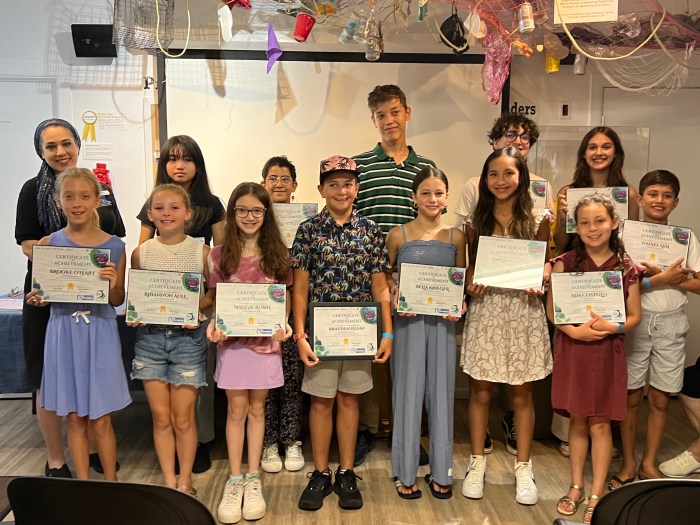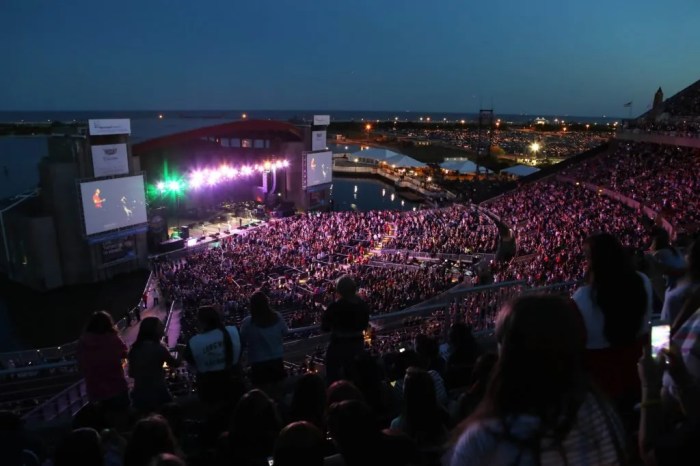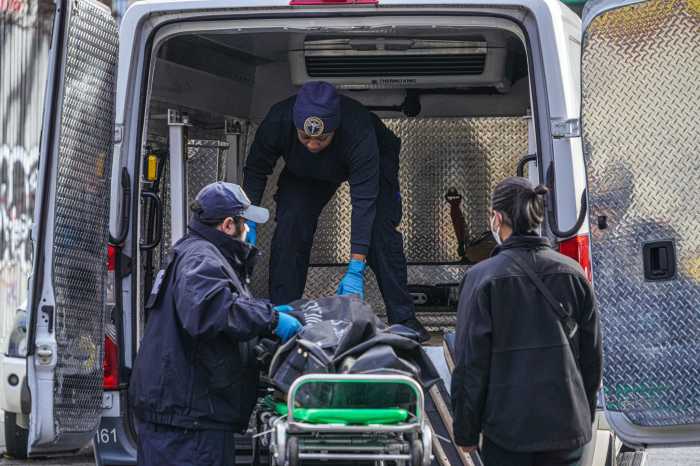So many movies have been about time—whether time travel or time passing or just marking time—but none has come close to capturing the essence of a life time like the stunning new film by Richard Linklater, the brilliant cinematic masterpiece called “Boyhood,” now playing in theaters around our region.
Begun in 2002, it took 12 years to complete; it takes 164 minutes to watch. That length would make it daunting by Hollywood standards, but not once while I saw it did I ever feel I was, pardon the expression, wasting my time. In fact, by the time it was over, I wanted more. I wanted it to last even longer.
The theme of time has always fascinated Linklater. He is best known in indie circles for directing the romantic trilogy starring Ethan Hawke and Julie Delpy: “Before Sunrise,” “Before Sunset,” and “Before Midnight.” As a poignant chronicle of a couple’s courtship and conflict, we see them first meet on a train in Vienna, then reconnect by chance nine years later in Paris, and last, but not least, wind up their vacation in Greece as a middle-aged married pair with daughters.
“Boyhood” takes a different approach. We first meet Mason, played by Ellar Coltrane, when he’s six. By the end of the film he’s 18. Linklater used his own daughter, Lorelie, who was then nine, to play Mason’s older sister. Their father is played by Ethan Hawke, their mother is Patricia Arquette. Linklater shot a few days a year for a dozen years. Indeed, his first working title was “Twelve Years,” but he had to rethink that once the Oscar-winning film, “12 Years a Slave” came out. Considering “Boyhood” is mostly from Mason’s point of view, this title works well.
At the movie’s Sundance premiere, Linklater said he had figured out the film’s structure early on.
“By the second year, I knew the last shot of the movie,” he said, “but even though I had a contour for this movie, it was always going to go where they went.” “They” meaning his dedicated actors.
“It wasn’t possible for me to fathom it,” said Coltrane in the film’s production notes. After all, he was really only six when it started. “It wasn’t for several years that it really began to sink in just what the film was or why it was so different.”
At one point several years into the project, Linklater’s daughter came to him and actually asked if her character could “die.” No dice, said her director dad. But he did admit that just as the actors’ roles changed physically and emotionally so too did the plot have to evolve.
“In a way, the film became a collaboration with time itself, and time can be a pretty good collaborator, if not always a predictable one,” Linklater said.

As a first-grader, Mason nestles next to his mom in bed while she reads “Harry Potter” to him and his sister. His hair is then a cute mop top. Later he’s got a crew-cut (the brutal barbering courtesy of his step-dad); and finally, as a college freshman, he’s got a scruffy beard and an earring. But the changes come naturally.
The cinematic transitions are lyrical and elliptical, not jarring and truncated. It requires that you pay close attention, as any great artwork demands of its viewers, but it’s done seductively. You see Mason’s mom flirt with her college professor and in the next scene they’re returning from their honeymoon. For a second you think it was their first date—but you quickly realize how much time has transpired.
Linklater clearly owes a debt to acclaimed British director Michael Apted, who blazed this trail with his groundbreaking documentary series starting in 1964 with “7 Up,” in which he interviewed a diverse group of seven-year-old British children. Then, at seven year intervals, he’d film them again, with his most recent called, “56 Up.” The project started when Apted was 22 and just out of college. At first the series was intended to be an examination of class differences in the UK, but it evolved into a study of personality development, and whether character is indeed destiny. Never has the adage “the child is father to the man” been so revealed.
But “Boyhood” also reflects the expressionistic sensibility of the great French New Wave directors, Francois Truffaut and Eric Rohmer, by the evocative way Linklater never hammers a point home.
Truly telling, he doesn’t land on the cliché milestones—no weddings, no funerals. No traditional rites of passage.
“What I am thinking about is the memory of what feels real,” he told the Washington Post’s Michael Cavanna. “This is a film about remembrance.”
Some scenes are acutely wrenching, some enchanting, all are touching, at some level. And, surprisingly, at times I felt a palpable tension, perhaps from years of watching heavy-handed Hollywood melodramas and expecting the worst. Linklater toys with that feeling, too, because just as in life, you never know what could happen next—you just hope for the best.
“Boyhood” artfully interweaves so many themes—childhood, parenthood, marriage, divorce, anger and love—with spot-on performances it’s no wonder that the film has already won awards at Berlin, Seattle and South by Southwest film festivals, and should garner many more before this award season is through. In Linklater’s skilled hands, a fluid string of intimate moments that comprise a life are captured cinematically, held for a precious moment, and then let go, as all moments must be.




